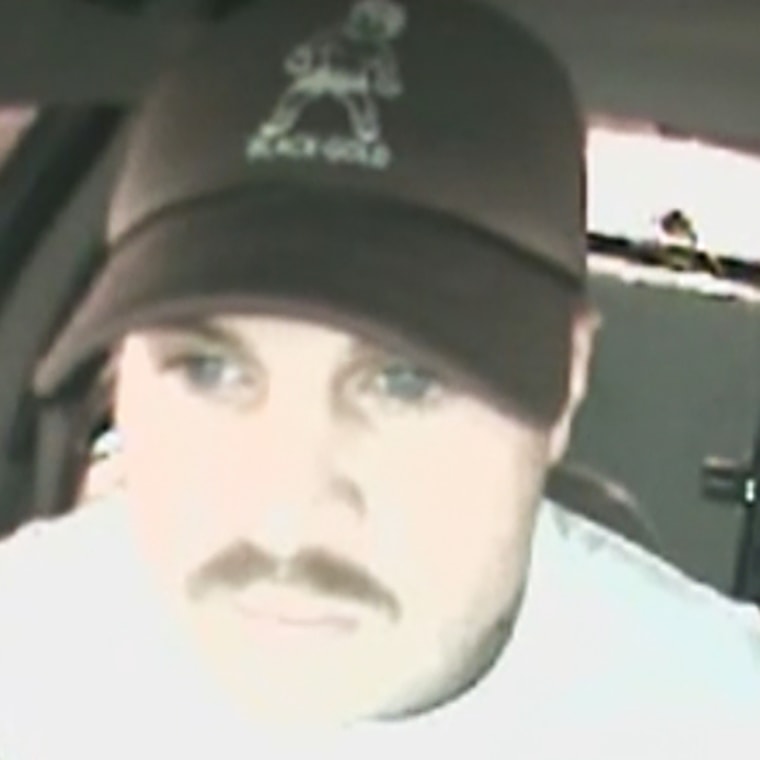Country music star Zach Bryan’s recent arrest should be more than celebrity gossip — it should remind us of how precarious traffic stops can be.
Last week, he apologized to fans for getting “too lippy” during an Oklahoma traffic stop involving his security guard, which led to Bryan’s arrest for obstruction of law enforcement. “Emotions got the best of me,” he tweeted, following up on a longer video apology.
Could this interaction have gone differently if Bryan was not a white celebrity? We know the answer. As a reminder, the deaths of Philando Castile, Daunte Wright and Tyre Nichols, to name a few, all began as somewhat routine traffic stops.
Before his arrest, in a traffic stop three days earlier, Bryan had been asked by police to give his address. Bryan had initially refused, escalating the situation and briefly ending up in handcuffs (he was released). A few days later, he was arrested after getting out of his car and asking police why they were hassling his security guard. When a state trooper told Bryan to either get back in his vehicle or go to jail, Bryan essentially dared the office to arrest him. And the trooper did.

In these incidents, it is tempting to question whether the officers in question overstepped their authority. But legally speaking, it seems the officers did nothing wrong. This is part of the problem. Police are given a broad, yet vague, extension of power and authority when making an arrest.
When this broad, incontestable authority is met with human emotion, situations can get ugly quickly. Emotions — in Bryan’s case, he said frustrated by a second law enforcement encounter so soon after the first — can change everything.
This is why even the most seemingly innocuous traffic stops can escalate to deadly violence. According to Mapping Police Violence, since 2017, more than 600 people have been killed by police after an initial encounter related to a traffic violation or a traffic-related offense.
We can’t control moods, we can’t get rid of implicit bias and we can’t deprogram the toxic masculinity of some police officers that tend to escalate situations. But we can do more to control the wild card of human interactions in traffic stops, which are the most common interactions between police officers and the American public. According to the Stanford Open Policing Project, police pull over more than 50,000 drivers a day and more than 20 million a year. Black drivers are stopped and searched at higher rates than white drivers and are more likely than white drivers to say they were stopped for unlawful reasons.
When stops are necessary, officers should be trained to explain why they are stopping people and acknowledge their cooperation during the stop.
Given the vast power differential and heightened emotions that occur during traffic stops, they should be limited to circumstances that promote public safety. Otherwise, cameras and technology should manage minor motor vehicle infractions, such as a broken taillight or failing to use a turn signal. When stops are necessary, officers should be trained to explain why they are stopping people and acknowledge their cooperation during the stop.
This type of interaction is based on procedural justice — a theory based on meeting the expectations of people that they will be listened to and will experience neutral, unbiased and transparent decision-making by honest and well-intentioned police officers.
Research shows that when these expectations are met, the public perceives police as legitimate and is more inclined to defer to law enforcement authority in the present and collaborate with police in the future, even to the extent of being more inclined to obey the law.
A recent analysis published in the Proceedings of the National Academy of Sciences proves the value of procedural justice to avoiding escalation. The study, which examined police body-worn camera footage from 577 stops of Black drivers, revealed that stops that resulted in escalation (those ending in arrest, handcuffing or a search) depended on the first 45 words spoken by the officer. In situations in which there was an escalation, it was 2.5 times more likely that the officer failed to explain the reason for the stop up front and instead led with a command, like “Get out of the car.”
When everything is laid out upfront — from the reasons for a stop to an explanation of a motorist’s rights and obligations during a traffic stop — the gears of law enforcement turn more smoothly and with less friction. And Bryan appears to have acknowledged as much in his apology. But if police can acknowledge this as well through their embracing of procedural justice, then maybe more drivers will be able to ultimately walk away from these interactions with nothing worse than a ticket.
